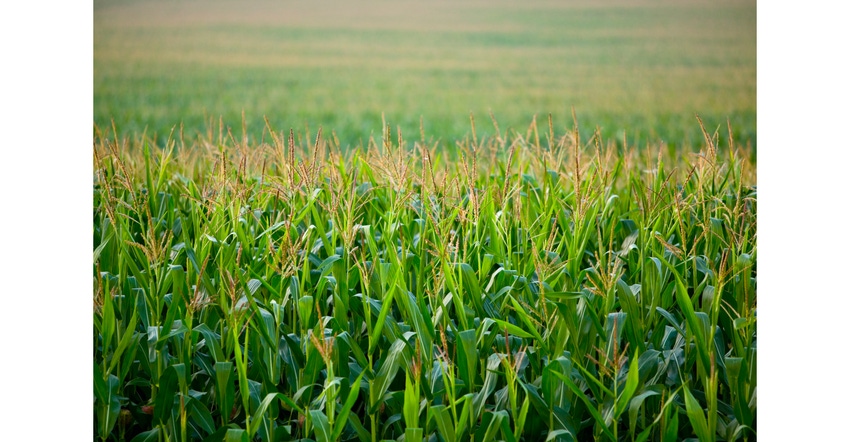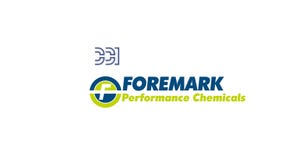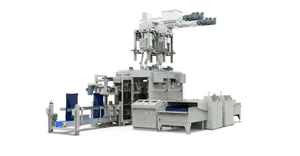Corn stover will be used to generate plastic source materials.
May 26, 2023

Dow has signed a long-term supply agreement in North America with New Energy Blue, which will create bio-based ethylene from renewable agricultural residues.
Dow expects to purchase the bio-based ethylene, reducing carbon emissions from plastic production, and using it in recyclable applications across transportation, footwear, and packaging.
The agreement will generate plastic source materials from corn stalks and leaves (stover). This is Dow's first agreement in North America to utilize agriculture residues for plastic production.
"We are unlocking the value of agriculture residues in this new partnership with New Energy Blue," said Karen S. Carter, Dow president of Packaging & Specialty Products. "By committing to purchase their bio-based ethylene, we are helping to enable innovations in waste recycling, meeting demands for bio-based plastics from customers, and strengthening an ecosystem for diverse and renewable solutions."
Per the agreementDow is supporting the design of New Energy Freedom, a new facility in Mason City, IA, that is expected to process 275 kiloton of corn stover per year and produce commercial quantities of second-generation ethanol and clean lignin. Nearly half of the ethanol will be turned into bio-based ethylene feedstock for Dow products.
Dow will have similar commercial supply options for the next four future New Energy Blue projects, supporting New Energy Blue's ability to scale its production and support farmers by providing a reliable market for agricultural residues. The five projects are expected to displace over one million tons of greenhouse gas (GHG) emissions every year. Dow's share of these five projects will also lead to a reduction in its sourcing of fossil fuels and subsequent GHG emissions.
"This collaboration can help redefine how we source raw materials for our products, allowing us to expand to include renewable feedstocks," said Manav Lahoti, Dow Global Sustainability director - Olefins, Aromatics & Alternatives. "We're excited by the possibility for agriculture-based plastics to help our company achieve both our Transform the Waste goal and our Net Zero CO2 goal. It also aligns with our ambition to increase renewable resource use, paving the way for future commitments."
With the agreement, Dow would increase its use of renewable, and still recyclable, resources transforming them into consumer products. Since corn stover releases carbon dioxide into the atmosphere as it decomposes, Dow's agreement with New Energy Blue would also help reduce emissions from agriculture by reusing the carbon.
"We're excited to be working with Dow to find solutions that create bio-based plastics from renewable resources," said Thomas Corle, CEO of New Energy Blue. "Together, we're building a future not only in the farm fields of Iowa using corn stover, but across America and around the world using a variety of biomass from grain straws to tall perennial grasses — wherever there's an opportunity to reduce carbon emissions from farming, support farmers in rural communities, and enable the production of the sustainable, low-carbon plastics used in everyday life."
About the Author(s)
You May Also Like




